Primary
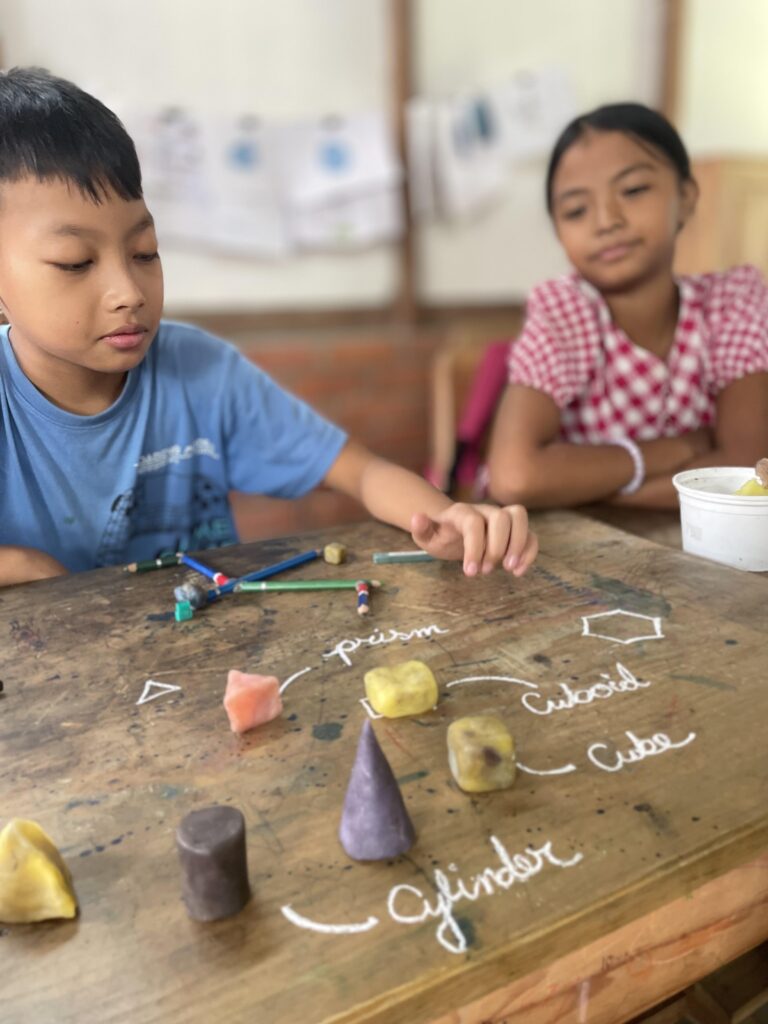
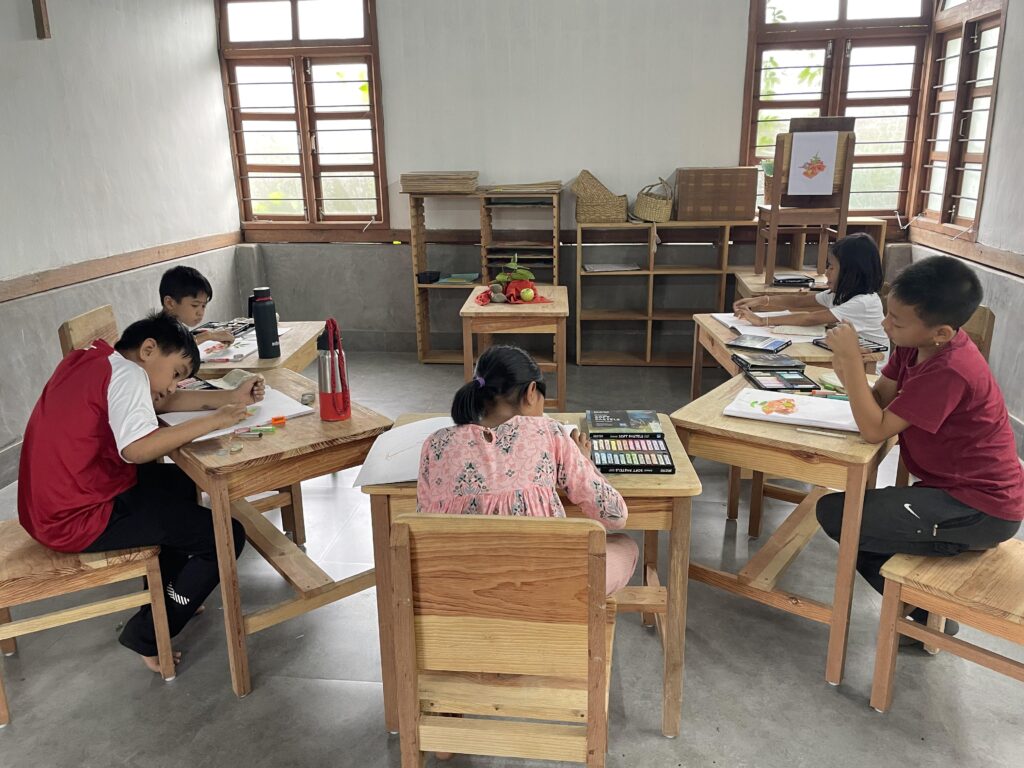
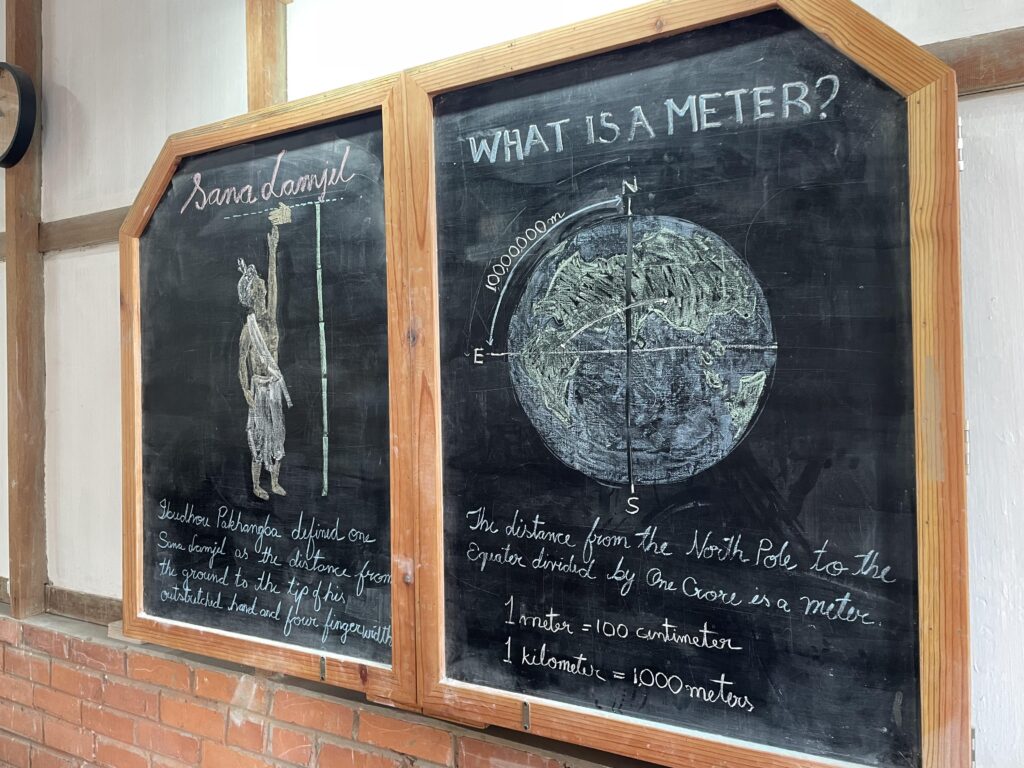
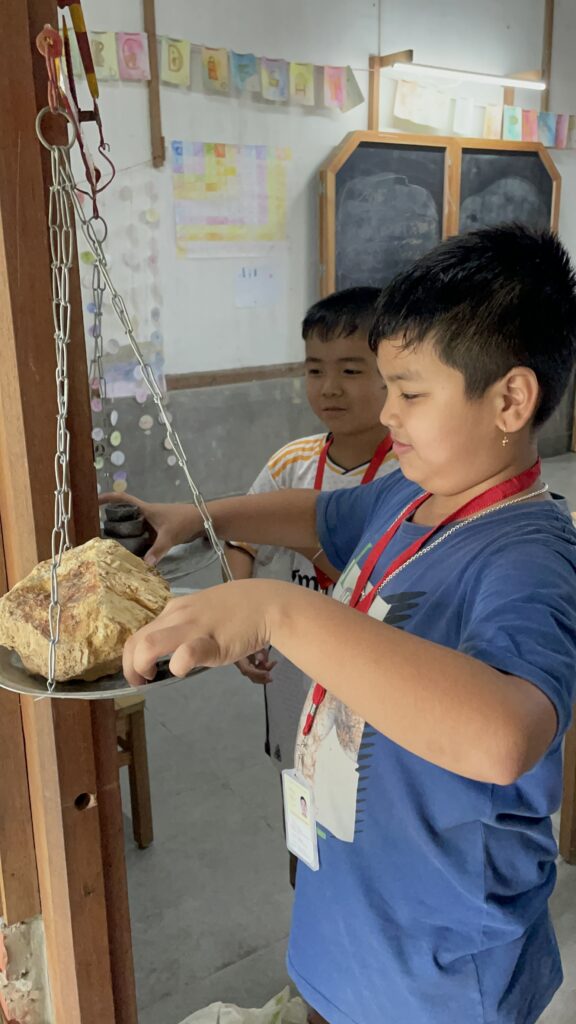
Inspired by the Waldorf method, our approach to education is marked by interdisciplinary learning and emphasis on the cultivation of imagination in childhood. We built on this foundation to include methods from our own practice and other notable approaches. Content is offered to students according to their developmental stage so that learning is meaningful, joyful, and effective. Students experience subject matter in a comprehensive way through different ways – including discussions, body movement, field trips, projects, and artistic creations.
With the tutelage and mentorship of experienced Waldorf educators and other trainers, our team of Primary teachers are excited to welcome our second batch of Primary students for the 2026-27 session.
Primary program features:
Key characteristics of our Waldorf inspired primary program (presently Classes I to IV):
– Learning derived from meaningful relations with the natural world around us.
– Experiential learning of science and mathematics.
– Integration of craft, visual art, and music throughout the curriculum.
– Immersive learning of Main Lessons through Blocks.
– Daily 2 hours long sessions running through.
– 4 weeks long focus on a single subject.
– Nurturing emotional and social development.
– Space and time for young children to grow, explore, and discover the world.
– Cultivation of imagination in students, leading to creative problem-solving.
Class I
In Class I children are introduced to the intriguing world of academics creatively through stories, songs, play and art.
Language (English and Manipuri): Introduction of the alphabet through stories and illustrations, handwriting (upper and lower case letters for English), storytelling, poetry recitation, play and songs.
Mathematics: Qualitative understanding of numbers (1 to 12), counting from 1 to 100 (forwards and backwards), multiplication and division tables (2, 3, 5, 10), odd and even numbers, introduction to four mathematical processes (addition, subtraction, multiplication, division), introduction to mental math.
Environmental Studies: Seasonal and nature stories, nature walk, observation and illustration.
Form Drawing: Straight and curved lines, spirals, standing forms, running forms.
Handwork: Making bamboo knitting needles, knitting.
Fine Arts: Wet-on-wet watercolour painting, dry pastel drawing, painting with primary colours to explore the quality of each colour.
Music: Group songs, introduction to the pentatonic flute/recorder.
Class II
Class II focuses on developing students’ language and communication skills through storytelling, poetry, and creative writing. Students also gain confidence in basic mathematics. Nature study and handwork engage their curiosity and creative impulse.
Language (English, Manipuri, and Hindi): English cursive writing, stories, verses, tongue twisters, beginning composition, spelling and punctuation, introduction to the parts of speech, group reading, class play. Introduction to Hindi.
Mathematics: Practice the four operations, place value, multiplication and division tables, mental math, reading analog clock.
Environmental Studies: Seasonal and nature stories, nature walk, observation, note writing and illustration.
Form Drawing: Symmetrical forms (vertical and horizontal), Inward and outward spirals, form transformations
Handwork: Knitting, weaving, basic woodwork.
Fine Arts: Wet-on-wet watercolour painting, dry pastel drawing, creating secondary colours, balancing colours, complementary colours, harmonious colours.
Music: Group songs, playing the pentatonic flute/recorder.
Class III
In Class III children’s communication and composition skills are further honed. They are introduced to a more defined study of Science and Social Studies. Handwork, music, and games also expand scope to relate to these new areas of knowledge.
Language (English, Manipuri and Hindi): Reading and writing practice, parts of speech, spelling and punctuation, speech and poetry recitation, mythology and folk stories of different cultures, class play. Word building and basic sentence in Hindi.
Mathematics: Carrying and borrowing, introduction of long division and multiplication, expanded use of place value, measurements, time duration, monetary calculations.
Environmental Studies: Study of farming and agriculture (cultivation of grain, cycles of composting, crop rotation, and animal husbandry), study of local natural resources. Study of archetypal occupations that affect our lives. Introduction to Geography, study of shelters through time and around the world, introduction to systems of money and time explored.
Form Drawing: Working with free forms, complicated symmetry work involving the horizontal and diagonal axes.
Handwork: Crochet, hand sewing, woodwork.
Fine Arts: Wet-on-wet Watercolour Painting, dry pastel drawing, light and darkness, shading, colour wheel.
Music: Introduction to music notation.
Class IV
In Class IV, grammar and composition skills are taught in more depth. It also marks a more structured introduction to the sciences and social studies with local geography, history through biographies, and study of the relation of humans to animals. Handwork, music, and games also expand scope to relate to these new areas of knowledge.
Language (English, Manipuri and Hindi): More complex reading and writing practice, grammar concepts, study of ancient stories, class play, and class readers in English and Manipuri. Reading and writing basic text, basic grammar in Hindi.
Mathematics: More in-depth exercises in vertical operations including long division and multiplication; introduction to fractions and operations with fractions.
Environmental Studies: Study of local geography starting from the immediate surrounding of the school to key areas of the state. Introduction to history with stories of people relevant to their exploration of local geography. Introductory study of animals considering humans and animals as part of a unified ecology.
Form Drawing: Exploration of 2D and 3D shapes through free-hand geometry, rendering of lemniscates and knots.
Handwork: Cross-stitch, woodwork.
Fine Arts: Wet-on-dry watercolour painting, dry pastel drawing, light and darkness, shading, still-life painting.
Music: Time values, harmony, the major and minor third, rounds and canons, reading music from notation.
Class V
Class V bring more advanced study of all previously introduced subjects.
(More content to be asses shortly).
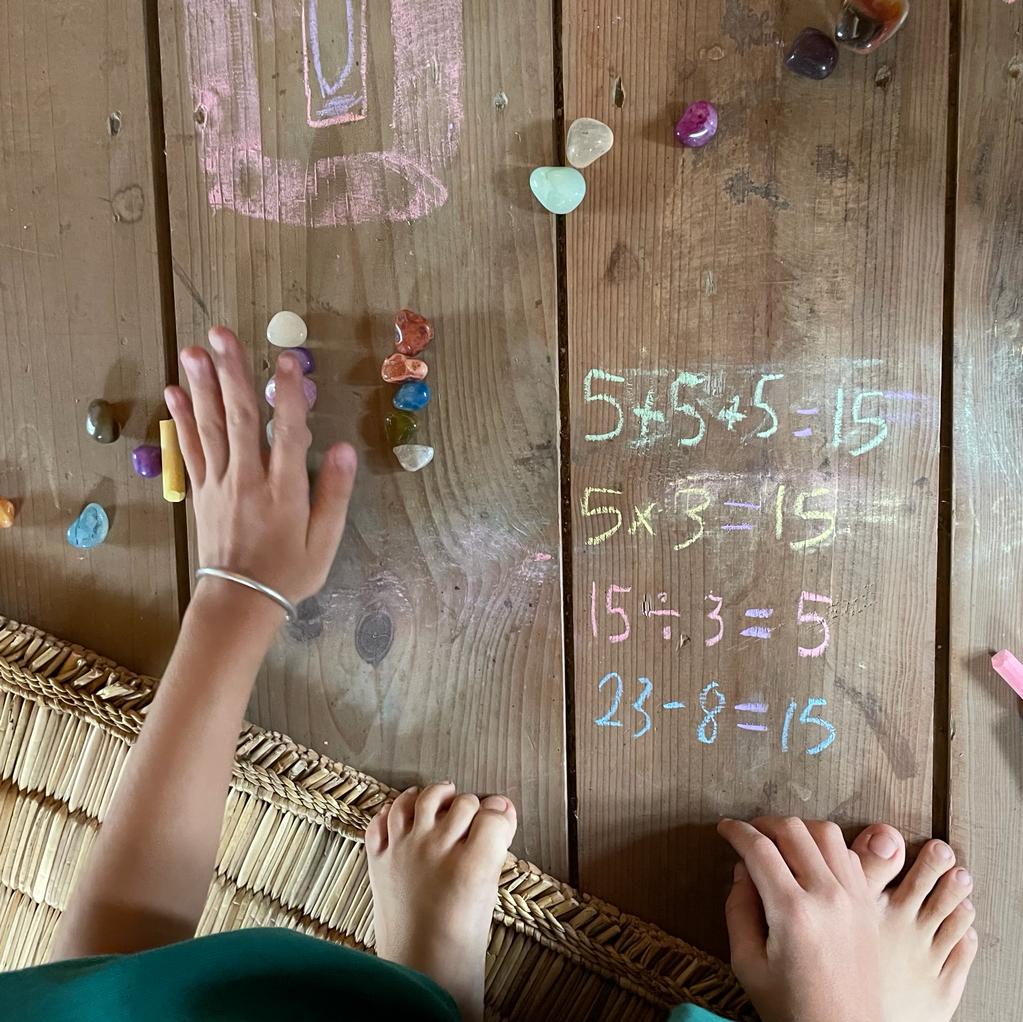
Early admission open for our Primary program
Our next academic session starts in April 2026. We are currently accepting early admissions in all classes for the next session subject to availability of seat.
Apply at the admission page.